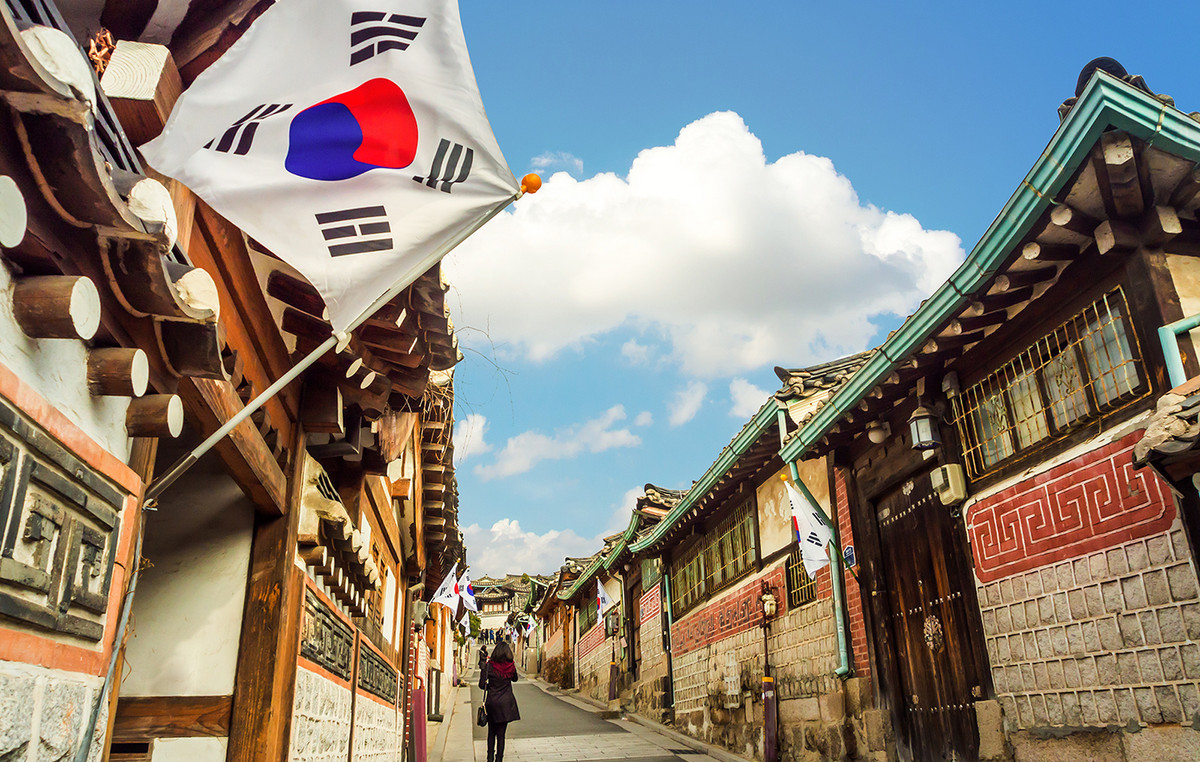Slavery in the United States was abolished in 1865, with the ratification of the Thirteenth Amendment to the Constitution. However, in many states, it is still recognized as possible punishment for crimes. During the Midterm elections, several referendums were proposed (including the one on abortion): Alabama, Oregon, Tennessee and Vermont all voted to remove any exceptions that allows slavery, precisely to prevent abuse of prisoners (the first to completely abolish slavery was Colorado, in 2018, followed two years later by Nebraska and Utah).
Louisiana, on the other hand, wanted to keep the possibility of using slavery as a criminal punishment: 6 out of 10 voters voted against the amendment to the constitution. The text of amendment 7, which in its original formulation would have banned slavery and involuntary servitude without exception, was so attenuated and “watered down” during the legislative process that even its author, the representative Edmond Jordan, a a civil rights lawyer, he backed down and asked voters to reject the proposal.
Today, in the USA, about 800,000 prisoners (2 out of 3) work for a few cents, or completely free of charge. Seven states pay no wages to inmates, who can be punished (with a ban on telephoning loved ones or receiving visits, for example) for refusing to work.
Curtis Davis III, a former Louisiana inmate who was pardoned after 25 years for not committing the murder he was accused of, and who is now a major activist for the revision of the Thirteenth Amendment, explained to the Bbc that lawmakers feared the reform could potentially invalidate the judgments of the courts pronounced for thousands of prisoners in Louisiana.
But the overriding question is that prison work is a multi-billion dollar industry in the United States. The prisons’ virtually no-cost labor force produces about $ 2 billion annually in goods, and over $ 9 billion in prisons maintenance services, according to data from the American Civil Liberties Union. Most of the inmates work inside the prisons themselves or on subcontracting for private companies or government agencies, while large corporations are happy to use their work, free or almost.
“Even if slavery has been abolished,” expert Savannah Eldrige, from the National Network for the Abolition of Slavery, explained to the BBC, “in reality it was only a transfer of ownership from private individuals to the state“.
“I miss giving my parents a caress.” Stories from the prison
The story of Floriana, detained in Rebibbia: “I would have wanted another life”
Women in Italian prisons, the photographic project “The beauty inside”
Source: Vanity Fair
I’m Susan Karen, a professional writer and editor at World Stock Market. I specialize in Entertainment news, writing stories that keep readers informed on all the latest developments in the industry. With over five years of experience in creating engaging content and copywriting for various media outlets, I have grown to become an invaluable asset to any team.







